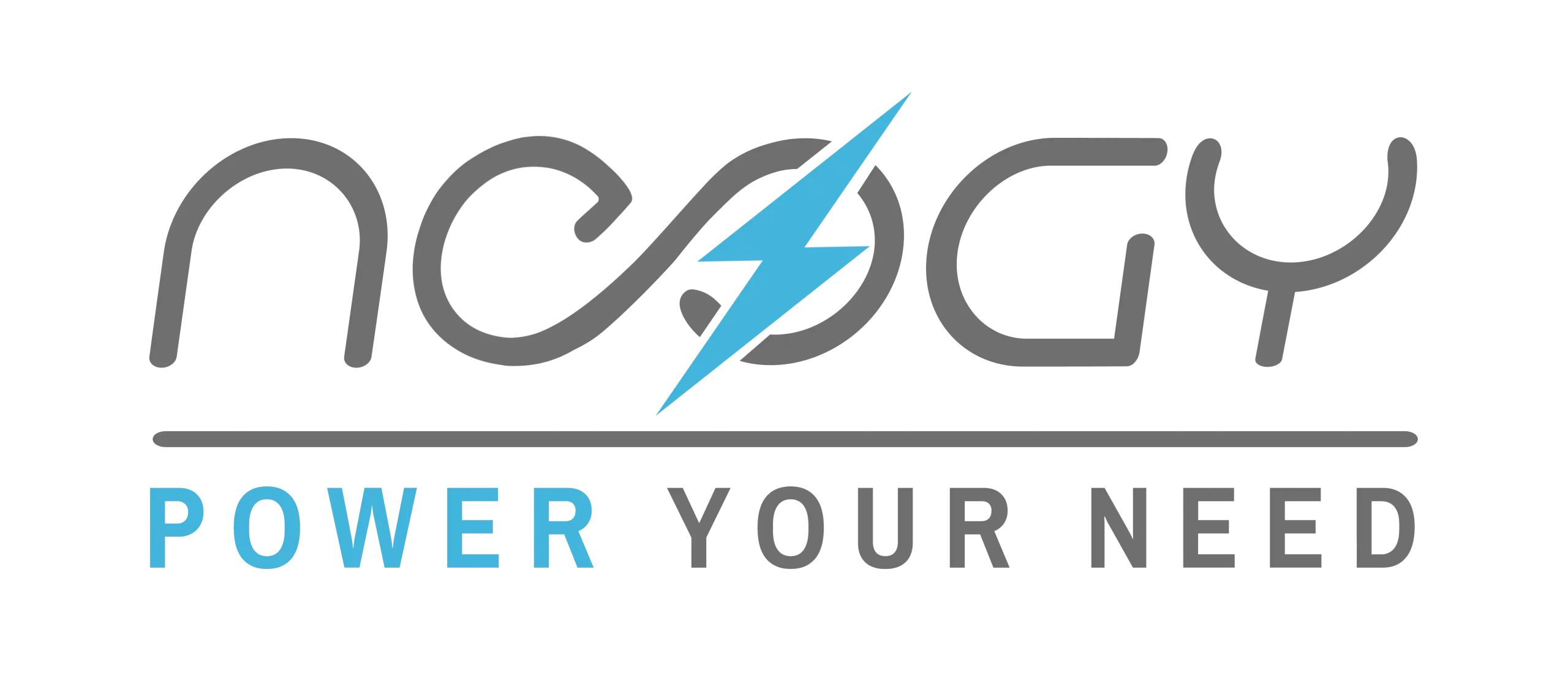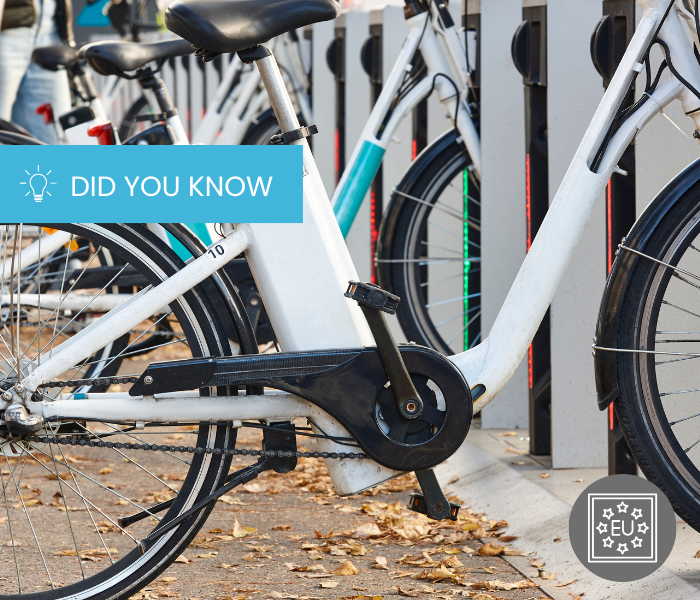In the light electric mobility market, particularly for e-bikes, battery safety is a crucial issue covered by a number of regulations and standards. The NF EN 50604-1 standard, often overlooked, represents a benchmark for the safety and reliability of lithium-ion batteries used in light electric vehicles, particularly e-bikes.
So what exactly is it? And why is this standard so important for manufacturers, distributors and, of course, electric bike users?
In this article, we explain everything you need to know about this standard and what’s at stake.
What is NF EN 50604-1?
NF EN 50604-1 is a European standard defining safety requirements for lithium-ion batteries for light vehicles, including e-bikes. Initially published by standards organization CENELEC, it has also been adopted at national level in France under the reference “NF EN 50604-1”. This standard establishes precise criteria to ensure that batteries are rigorously tested to reduce the risk of accidents and failures during use.
What criteria are covered by NF EN 50604-1?
Basic criteria
Standard NF EN 50604-1 covers many aspects of battery safety. It lays down specific requirements concerning :
- Electrical testing: The standard requires batteries to be tested under overload, short-circuit and various operating conditions to ensure that they operate safely and reliably.
- Thermal tests: Batteries are subjected to thermal resistance tests to ensure that they can operate safely, even in the event of severe temperature variations.
- Vibration and shock protection: Given that electric bikes are often used in a variety of terrains, it’s essential that batteries can withstand vibrations and shocks without risk of failure.
- Ageing tests: To verify the long-term durability and reliability of batteries, the standard includes ageing tests that simulate years of use.
- Drop and crush tests : simulation of mishandling and accidents in road conditions.
Additional criteria
On-board BMS: EN50604-1 requires that the battery management system (BMS) be an integral part of a removable lithium battery. The BMS ensures proper monitoring and control of battery parameters, improving safety and overall performance. Manufacturers must demonstrate that their BMS meets the required standards.
All batteries designed by Neogy are fitted with an electronic management board custom-developed by BMS PowerSafe, an electronics expert since 2006 and one of Europe’s top 3 BMS manufacturers.
All these criteria simulate real-life battery conditions, in addition to the tests required by standard 38.3 for battery transport.
Why is this standard essential for the e-bike market?
Adopting the NF EN 50604-1 standard offers considerable advantages for consumers and manufacturers alike:
- For end-users: A battery conforming to NF EN 50604-1 means a better guarantee of safety. This reduces the risk of incidents linked to battery malfunctions, such as overheating or fire.
- For manufacturers: By producing batteries that comply with the standard, manufacturers demonstrate their commitment to safety and quality, and enhance their reputation with consumers.
- For the environment: By ensuring that batteries are durable and reliable, this standard encourages the use of high-quality products, thus reducing the electronic waste associated with frequent replacement of failing batteries.
How does NF EN 50604-1 impact the e-bike industry?
For e-bike manufacturers, this standard means extra vigilance throughout the production process. It requires rigorous R&D development by a battery expert to ensure that their products meet the most stringent safety requirements. On the other hand, once these requirements have been met, manufacturers benefit from a strong sales argument: they can guarantee end-users a reliable, high-performance, safe bicycle, suitable for everyday use.
For companies distributing and selling electric bicycles, offering models equipped with batteries that comply with the NF EN 50604-1 standard is a guarantee of quality and responsibility to consumers. Indeed, compliance with standards reassures users about the seriousness of the product and the brand.
The future of e-bike battery safety: a standard that will be mandatory from 2025
Although the NF EN 50604-1 standard came into force in 2016, with a final amendment, NF EN 50604-1/A1 dating from 2021, it will only be mandatory for manufacturers of electric bicycles with a maximum continuous power rating of 0.25 kW from August 2025.
To understand this development, we need to take a look at standard EN 15194, which governs batteries for electric bicycles. Clause 4.2.3.2 of this standard describes the testing method for these batteries, and leaves it up to e-bike manufacturers to comply with either EN 62133 or EN 50604-1 to meet the requirements of EN 15194.
However, this clause was contested for several years by the Netherlands, which considered it too undemanding and called for harmonization of standards. In response, the European Commission intervened, and a harmonization decision was adopted by CEN TC333, responsible for EN 15194. This resulted in the modification of clause 4.2.3, which now refers only to EN 50604-1 as the only applicable standard for e-bike batteries.
The amended version of the standard, incorporating this new clause, came into force in August 2023 and provides for a two-year transition period. During this period, e-bike manufacturers can choose to follow either the old clause of EN 15194, or the amended EN 15194/2017+A1:2023. However, from August 2025, the old standard will be definitively abandoned, and all manufacturers will have to comply with the new standard for the marketing of their e-bikes throughout the European Union.
This new requirement marks a turning point in the e-bike battery industry, as it imposes stricter safety standards .
For e-bike manufacturers, this means anticipating this change and working hand-in-hand with experts who will guarantee compliance with this standard.
Neogy, an expert in the design of lithium-ion batteries for electric bikes, is helping these professionals to anticipate the requirements that the NF EN 50604-1 standard will impose on the market. Neogy is already working with major players such as Valeo to design a range of batteries for three types of e-bike.
Contact our team of experts to find out more.

